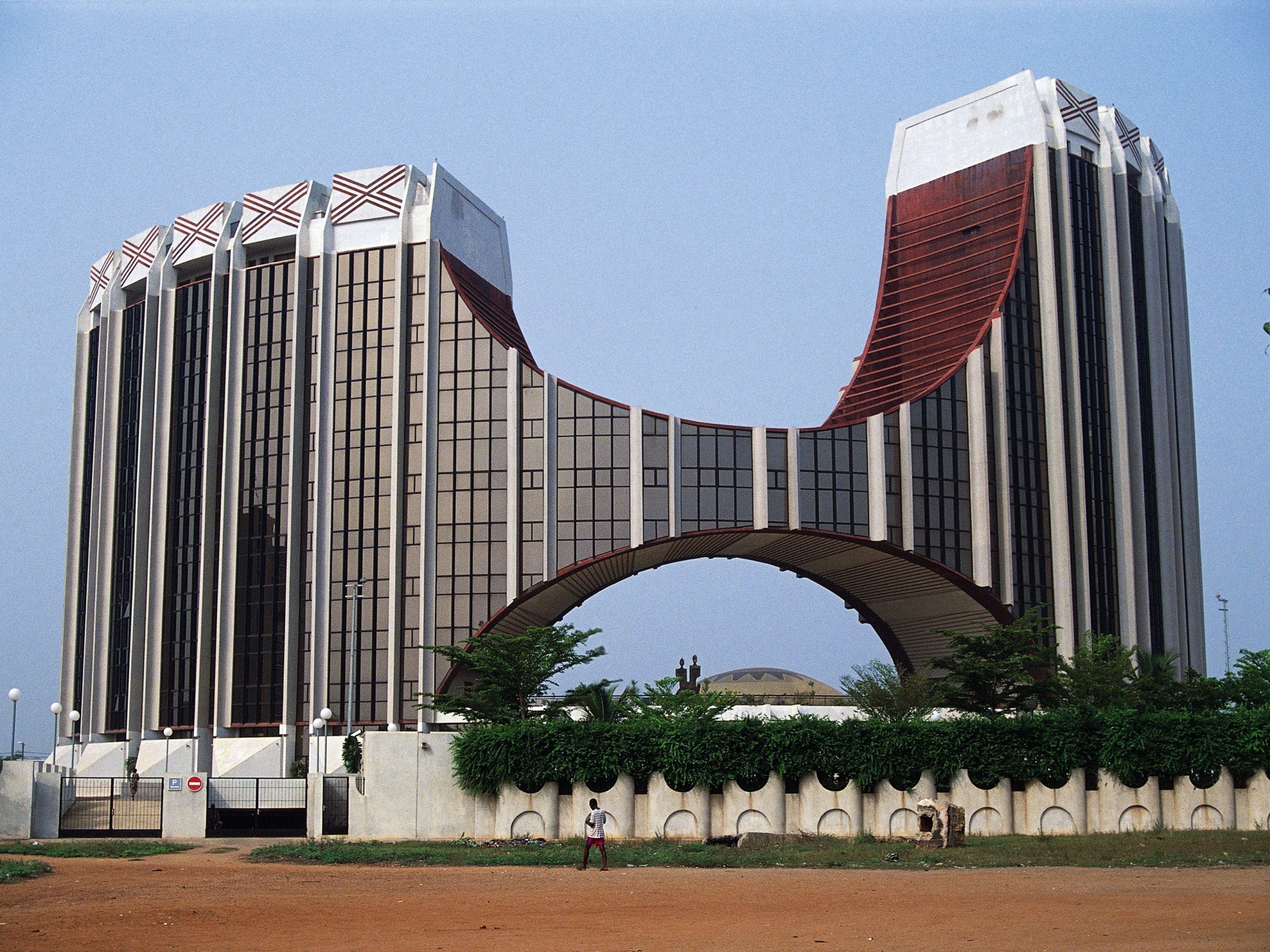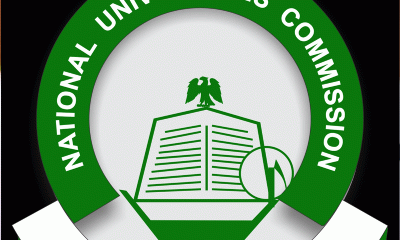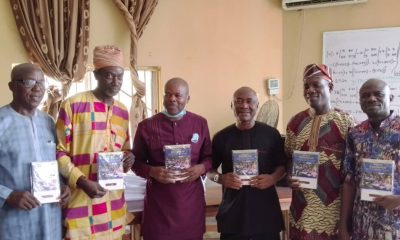FAITH
Don Calls On W’African Countries To Create Legal Framework Against Religious Intolerance

Countries in West Africa need to put in place a legal framework that will mitigate religious intolerance, a professor of International Relations at Kaduna State University, Professor Usman Mohammed has told the Parliament of the Economic Community of West African States (ECOWAS)
He gave the advocate on Wednesday while presenting a paper at a delocalised meeting of the ECOWAS Parliament on committees on Education, Science and Culture; Health, as well as Telecommunications and Information Technology, has called on members of Parliament of the Economic Community of West African States,
In his paper titled: “Religious Tolerance and Stability: key factors to peace and development in the ECOWAS region, Professor Mohammed said ECOWAS needs to prevail on the authorities at the national levels to domesticate laws that will be useful in reducing religious intolerance in the region, explaining that due to human behaviour, it would be practically impossible to eradicate religious intolerance, hence, the need for the implementation of appropriate laws to put such tendency in check.
He said although states could differ when it comes to the issue of guaranteeing equal treatment under the law and constitution, the general assumption was that religion is a fundamental human right as enshrined by the United Nations charter, as such, the inclination to have religious dogmatic adherences abound, posing a fundamental challenge in the region.
He said: “We cannot deceive ourselves and say that we are going to eradicate religious intolerance, as it is human behaviour which is very unpredictable. The essence of studying human behaviour is to reduce, control and minimise and not eradicate. This is a basic fact. So let us understand on the basis of this fact that there are behaviours that need to be controlled and in controlling them, we need laws.
“And in enacting laws, we need laws either from domestic to international or from regional to domestication, at the level of the states where democracy happens. This is very important. So, therefore, you have a very significant role in the reduction of violence and religious intolerance in West Africa; to see to it that you talk to authorities at the national levels to domesticate laws that will be useful in reducing this intolerance.”
Mohammed while likening Africa to a pot of porridge with a combination of several ingredients which if cooked properly would produce a delicious meal and if not handled with care would disrupt the anatomy of the system.
“So, in diverse societies such as West Africa, people from different backgrounds practice multiple faiths, even within the same religion, multiple philosophical adherences are there, differences about social, economic and racial issues also come up, which may lead to religious intolerance to a large extent, if not carefully handled.”
He further explained that different interpretations of religious scripture posed yet another factor which could give rise to religious intolerance.
He said: “In the churches, in the mosques, we hear these issues of religious tolerance; interpretation of this scripture, however, becomes another issue. The belief in them, whether it is a dogmatic belief or a school of thought that gives the interpretation becomes another problem even within the same religion. So this is where we are, this is the source of the problem.
“How do we believe in the scripture simple and straightforward, without subtraction, without addition, without some other scholars bringing their own belief into what the scriptures are saying?
“You have different interpretations; different beliefs, different schools of thought, different sects. Again, the crises even within the same religion are there, in Islam we have different sects, in Christianity, there are different sects. This is another problem.”
The international Relations Scholar however claimed fact that religiously motivated violence is more present, particularly in countries that have a high level of political instability or active insurgency.
He said religious violence may not always be caused by religious groups but secular groups such as political parties, ethnic associations and community unions might also incite religious violence to suit their political ideological agenda.
-
CRIME3 years ago
PSC Dismisses DCP Abba Kyari, To Be Prosecuted Over Alleged $1.1m Fraud
-
FEATURED3 years ago
2022 Will Brighten Possibility Of Osinbajo Presidency, Says TPP
-
FEATURED2 years ago
Buhari’s Ministers, CEOs Should Be Held Accountable Along With Emefiele, Says Timi Frank
-
BUSINESS & ECONOMY2 years ago
Oyedemi Reigns As 2023’s Real Estate Humanitarian Of The Year
-
SPORTS1 year ago
BREAKING: Jürgen Klopp Quits Liverpool As Manager At End Of Season
-
SPORTS2 years ago
Could Liverpool Afford Kylian Mbappe For €200 million? Wages, Transfer Fee
-
ENTERTAINMENT2 years ago
Veteran Nigerian Musician, Basil Akalonu Dies At 72
-
FEATURED2 years ago
Tribunal Judgement: Peter Obi Warns Of Vanishing Electoral Jurisprudence, Heads To Supreme Court
-
BUSINESS & ECONOMY2 years ago
Oyedemi Bags ‘Next Bulls Award’ As BusinessDay Celebrates Top 25 CEOs/ Business Leaders
-
FEATURED3 years ago
2023 Presidency: South East PDP Aspirants Unite, Demand Party Ticket For Zone































